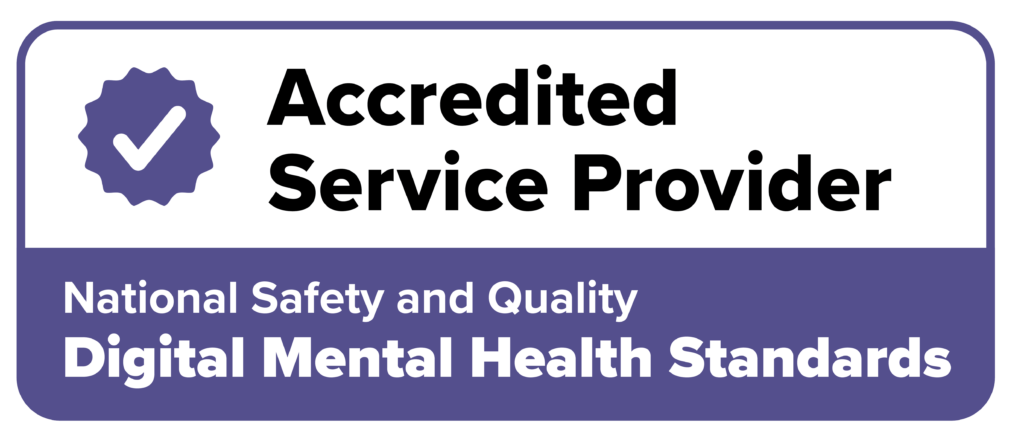Welcome to the September edition of Breaking Free. As we head into Mental Health Month, we reflect on how we can better understand ourselves and those around us, and how our experiences can impact us. Our lead article encourages us to take a more compassionate and understanding approach to mental distress by asking the question “what happened to you?” instead of “what is wrong with you?” How can we as a community approach mental health differently? How can we always consider the possibility that the way a person reacts or presents might be related to the effects of previous trauma and life experiences?
Blue Knot Day, our national awareness day is less than a month away and our theme this year is Nurturing Mind, Body and Soul – Exploring What You Need. We will be sharing a range of resources throughout the day which we hope will help educate and inspire us all to reflect on our wellbeing. It is important for us to do what we can to take care of ourselves, but this is often not easy, especially if you have experiences of complex trauma. Everyone is different and our needs can change over time. We hope you can join us on the day or review our resources later to see what resonates with you.
We are providing two free webinars on the day for survivors and those who walk alongside. We encourage you to pre-register as spaces are limited. We will be sharing more information in the lead-up to Blue Knot Day, so please follow us on Facebook https://www.facebook.com/BlueKnotFoundation/ and on our webpage https://blueknot.org.au/get-involved/blue-knot-day/ for the latest updates.
Until next time, take care
The Blue Knot Team









